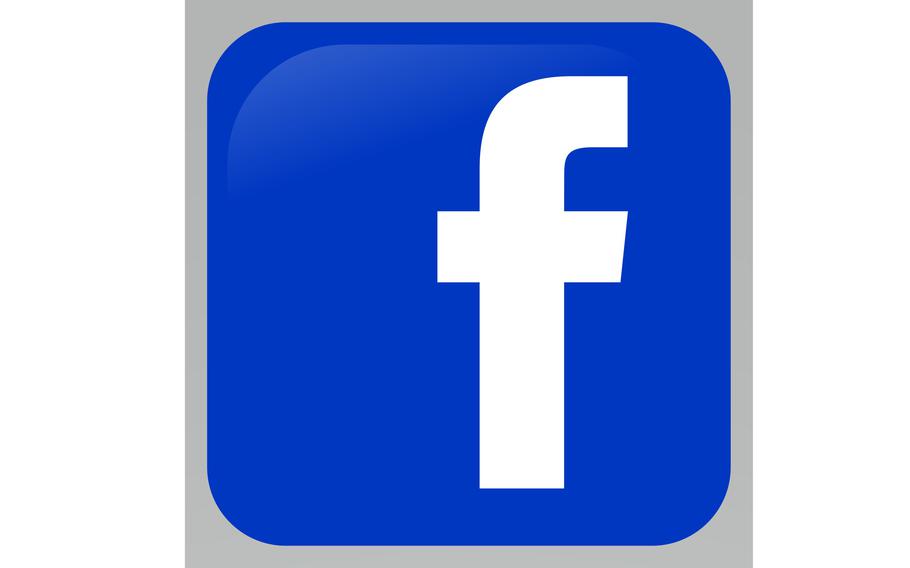Facebook on Monday once again asked a federal judge throw out the Federal Trade Commission’s antitrust lawsuit, arguing that the agency still has “no valid factual basis” showing the social network is an illegal monopolist in one of the most high-profile competition cases in decades.
In the filing, the company argues that the agency’s amended August complaint relies on “guesswork rather than facts” in its claims about Facebook’s limited market share, contending that the filing should have the same fate as the agency’s initial Facebook antitrust suit and be dismissed. The company is seeking a repeat of the major victory it scored in June when a federal judge dismissed a pair of twin antitrust lawsuits challenging Facebook and forced the FTC to refile an amended version of its case with more evidence.
In the bolstered version of its case, the FTC argued Facebook should not be compared with popular public-facing social apps, such as TikTok and YouTube. Instead it said that Facebook’s most relevant rival is Snapchat, which has tens of millions fewer monthly users than either Facebook or Instagram.
Facebook on Monday sought to challenge the agency’s argument that the company dominates a narrow market of social networks. Facebook called the FTC’s argument “a litigation-driven fiction at odds with the commercial reality of intense competition,” citing TikTok’s recent rise.
“The FTC’s fictional market ignores the competitive reality: Facebook competes vigorously with TikTok, iMessage, Twitter, Snapchat, LinkedIn, YouTube, and countless others to help people share, connect, communicate or simply be entertained,” Facebook spokesman Chris Sgro said in a statement.
Facebook’s refiling highlights the regulatory challenges the company is facing on multiple fronts in Washington. Facebook faces this competition challenge just a day before Frances Haugen, a former employee known as the Facebook “whistleblower,” is scheduled to testify in front of Congress about internal company research she exposed, which she says prove Facebook prioritized profits and growth over users’ safety. Her lawyers have also filed eight complaints with the Securities and Exchange Commission, which can bring charges against companies suspected of misleading investors. The SEC has not responded to requests for comment on the complaints.
Meanwhile, Facebook is still responding to the antitrust lawsuit, which amounts to perhaps the most existential regulatory threat to Facebook’s business in the company’s 17-year-history. If the FTC is successful in court, Facebook could be forced to sell off competitors it has acquired that have been key to its success, including its fast-growing WhatsApp and Instagram services. The agency has argued that Facebook sought to neutralize nascent competitors by gobbling them up through an “anticompetitive acquisition strategy.”
In its amended complaint, the FTC sought to define Facebook’s market dominance by relying on data about the amount of time people spent on Facebook from the commercial data company ComScore. Facebook argues however that is “legally insufficient,” arguing that this data does not purport to measure the amount of time people spend on using Facebook’s services or Snap for personal social networking.
The case is widely being watched as a gauge of Washington regulators’ ability to hold tech companies to account, and whether the new Federal Trade Commission Chair Lina Khan can implement her aggressive vision of antitrust enforcement in a court system that for decades has held a relatively narrow view of antitrust harm. The judge’s dismissal of the FTC’s initial case, which was brought under the Trump administration, was a major setback for the agency.
Facebook also argued in its complaint that the case should be dismissed because the FTC’s vote to authorize the amended lawsuit was “invalid.” Facebook had called for Khan to recuse herself from the case because of her previous criticism of the company in her work on the House antitrust subcommittee’s investigation into tech giants’ power. Khan was the tiebreaking vote to advance the amended filing, the company argues.
The FTC said in a blog post in August that its Office of General Counsel reviewed Facebook’s recusal petition, but it found it to be invalid.

()